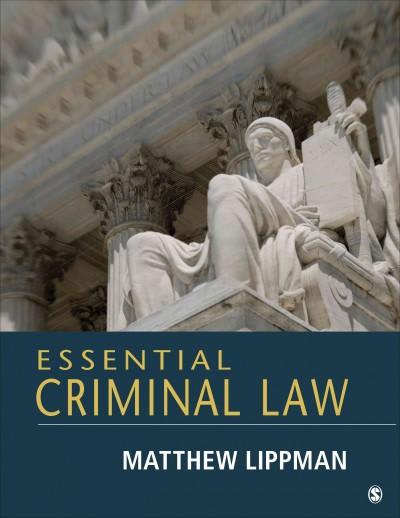Chapter 7&8 (Void, voidable & unlawful agreement)
Execise 1
Anis graduated from a local university two years ago. Anis has attended many interviews to get a job but was not successful. Anis's father had offered a sum of money to Amir, the Human Resource Manager at the company where he worked to get Anis a position at the same company. Anis finally managed to get a position in the company. Amir demanded the money promised by Anis's father but Anis's father refused to pay.
Advise Amir. Provide issue, law section, supported case, and conclusion.
Please format the template as the attachment.
171 K's OT O101 () 68) 5:15 50 X David occupies a residential unit in a Public Rental Housing Scheme in Kuala Lumpur, It is stipulated that the occupant of the Public Rental Housing cannot sell, charge or transfer the residential unit to another person. In December 2020. he entered into a Sale and Purchase Agreement to sell the said residential unit to Richard, After several months, David decides not to proceed with the sale citing that he wished to stay in the residential unit forever. Richard is not happy and want the said Sale and Purchase Agreement to proceed accordingly. Advise Richard. Question 1 issue: Is it possible for Richard to continue to buy the said property from David? Is it possible for David to form a purchase agreement with David when it is clearly stated that he cannot sell the property he acquired from participating in Public Rental Housing Scheme? Rule/Law: S. 24 (a) refer to express contraventions of the law, most commonly provided in statutes. Section 18 (b) any breach of duty which, without an intent to deceive, gives an advantage to the person committing it, or anyone claiming under him, by misleading another to his prejudice, or to the prejudice of anyone claiming under him. There is a duty imposed to a party to disclose information to each other but the parties failed to do it or breach of it - Negligent Misrepresentation, it means that one party did not directly lie (without intention to deceive), but he made a representation about something while having no reasonable reasons for believing it to be true. Case: Hee Cheng v Krishnan the plaintiff and the defendant entered into an agreement for the sale and purchase of the plaintiff's house built upon a land in respect of which the defendant was the holder of a temporary occupation license (TOL). The defendant breached the contract and the plaintiff sued. The court held that the contract entered into was an attempt to sell and to purchase the defendant's rights under the TOL which is contrary to Rule 41 of the Land Rules 1930 which stated that "No license for the temporary occupation of State land shall be transferable" As such the contract was unlawful as it being of such nature to defeat the provision of law (Section 24 of Contract Act) and therefore is void. In the case of David and Richard, David is forbidden by law to sell the house as stated in Public Rental Housing Scheme. Bisset v Wilkinson & Anor [1927] AC 177, The plaintiff purchased from the defendant two blocks of land for the purpose of sheep farming. During negotiations the defendant said that if the place was worked properly, it would carry 2,000 sheep. The plaintiff bought the place believing that it would carry 2,000 sheep. Both parties were aware that the defendant had not carried on sheep-farming on the land. The plaintiff sued the defendant for misrepresentation. The claim failed. Held: the contract is valid. It is because it is an opinion. He never breeds a sheep at the farm before. However, in case of David and Richard, Richard does not disclose the status of the home to David. Hence voiding their Sale and Purchase Agreement DO







